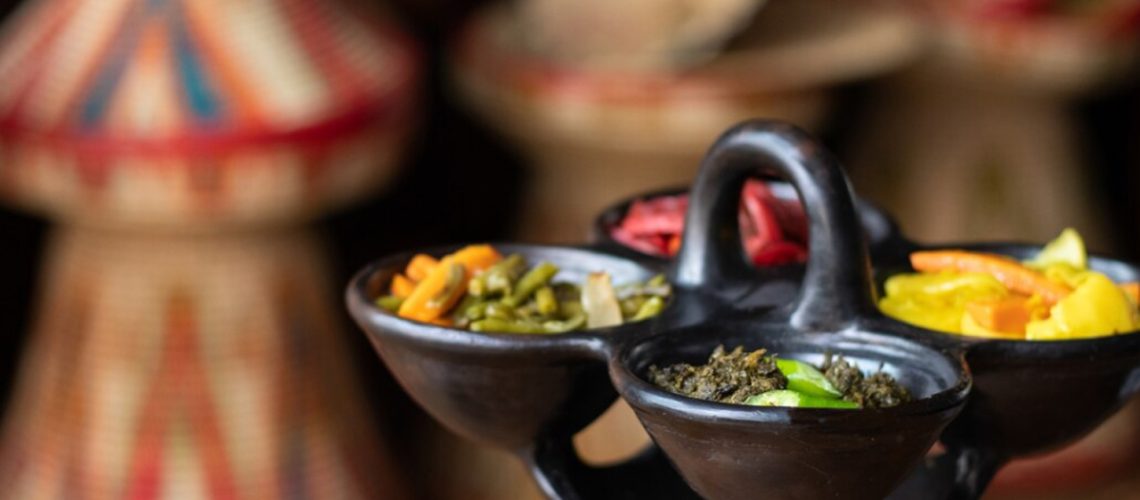For centuries, traditional medicine has been a cornerstone of African culture and society. African traditional medicine encompasses a diverse range of practices, including herbalism, divination, and spiritual healing. While modern Western medicine has become increasingly popular in recent years, African traditional medicine remains an important aspect of healthcare for many communities across the continent. In this blog post, we will explore the importance of African traditional medicine and its role in modern healthcare.
Accessible and Affordable Healthcare
African traditional medicine is often more accessible and affordable than Western medicine. Many people in rural areas do not have access to Western healthcare facilities or cannot afford to pay for medical treatment. Traditional healers are often more affordable and accessible, and they provide healthcare services in local communities. As a result, traditional medicine is often the only option for many people in Africa.
Cultural Significance
Traditional medicine is deeply rooted in African culture and traditions. Many people in Africa believe that traditional medicine is more effective than Western medicine, and they rely on traditional healers to provide healthcare services. Traditional medicine is also seen as a way to connect with ancestors and the spiritual world, and it is an important aspect of many African religious and cultural practices.
Holistic Approach to Health
Traditional healers often take a holistic approach to health, which involves treating the whole person, rather than just addressing specific symptoms. This approach includes considering physical, emotional, and spiritual aspects of a person’s health. Traditional healers believe that all aspects of a person’s health are interconnected, and that addressing one area of health can have a positive impact on other areas.
Cultural Preservation
Traditional medicine is also an important aspect of preserving African culture and heritage. Traditional healers often use traditional knowledge and practices that have been passed down through generations. By preserving traditional medicine, African communities can maintain their cultural identity and ensure that important cultural practices are not lost over time.
In conclusion, African traditional medicine is an important aspect of healthcare for many communities across the continent. It is accessible, affordable, and culturally significant, and it provides a holistic approach to health that addresses physical, emotional, and spiritual aspects of a person’s well-being. While modern Western medicine has become increasingly popular, African traditional medicine remains an important part of modern healthcare and a cornerstone of African culture and traditions.


